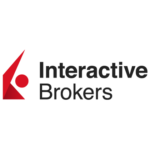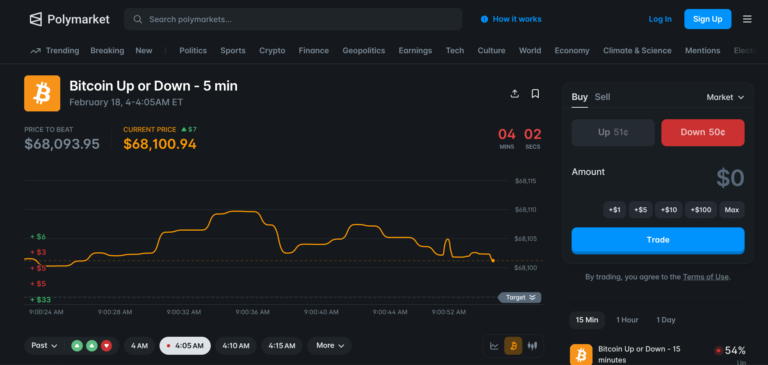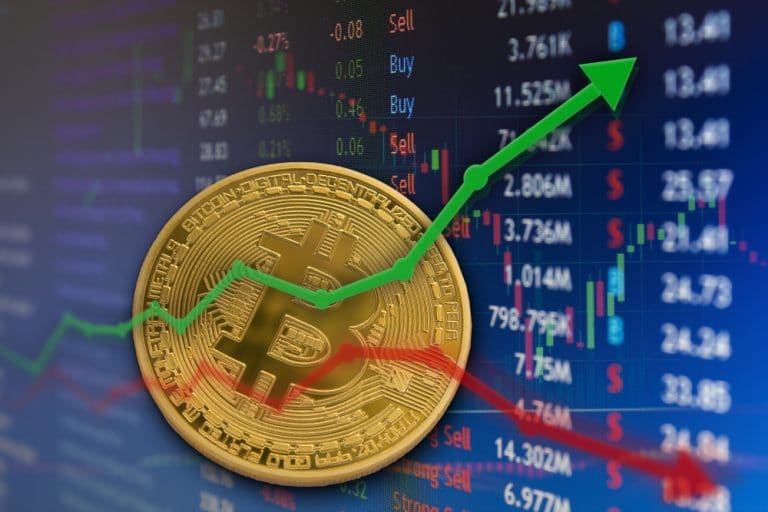-
 Checked By
Richard Berry
Checked By
Richard Berry
- Updated
Best US ETF (Exchange Traded Fund) Brokers 2025
| Name | Logo | GMG Rating | Customer Reviews | ETFs Available | Commission | CTA | Feature | Expand |
|---|---|---|---|---|---|---|---|---|
|
GMG Rating |
Customer Reviews 4.5
(Based on 1,347 reviews)
|
ETFs Available 1,000+ |
Commission 0.003% |
Features:
|
Methodology: Here’s how we selected the US’s best ETF brokers:
- Hands-on analysis: Our review team tests each ETF trading platform using real money for a genuine trading experience
- Stand-out features: We compare what sets each ETF trading platform apart to highlight their unique strengths
- Customer feedback: Over 30,000 votes from the Good Money Guide annual awards help shape our ratings
- Exclusive interviews: We speak directly with ETF broker CEOs and senior management to get their insights
- Our process: Find out more about how we choose and rank providers on our How We Rate page
What is an ETF?
ETFs are a relative newcomer to the investment stage, having only existed since the early 1990s, but now make up as much as 30% of all US trades by value. Their meteoric rise can be attributed to their popularity among individual investors, who value the ETF for its fund-like and stock-like features.
One of the reasons behind the popularity of the ETF (Exchange Traded Fund) market is that they are set up to track a specific market like a mutual fund.
The product consists of a basket of stocks that are representative of that market, with the aim of replicating that market’s movement, for example: The best US ETF brokers track indexes like the S&P 500, and will consist of a small quantity of stocks in every company on that market, which should roughly mirror the results of that market overall during the day’s trading (though a 1% margin of error is common).
However, unlike a mutual fund, ETFs can be traded instantly at any time of day while the market is open, rather than at the end of the day. This gives investors far more options with regards to their investment tactics, with short selling, long selling and hedging all options.
How do I invest in ETFs?
You need a ETF broker to buy and sell ETFs. One of the best selling points of an EFT is its flexibility and accessibility in comparison to equivalent Mutual funds.
If you don’t have the $2,000 minimum you need to invest in a Mutual, you can simply register with an online broker and declare your interest in buying an EFT.
They act like stocks, and so you can buy and sell them at any time of day, as quickly or as slowly as you’d like.
What are the benefits of ETFs?
Previously, the world of investment portfolios had only been open to high-wealth individuals who had the time and resources to employ a fund manager. It also relied on beating the market, rather than just matching it, to actually make any money – something which even good fund managers had struggled to do.
Plus, the investment landscape was limited mainly to domestic markets, with only real insiders having the wherewithal to take advantage of more exotic markets such as Brazil, South Africa or Mexico.
With ETFs, investors can buy and sell in any market around the world that offers the package without having a fund manager to help them. They can buy and sell at any time with full knowledge of the buy and sell costs in advance, and so they can reap the benefits of short-term gains and losses that would be beyond the reach of a mutual fund.
ETFs are also very investor friendly in terms of charges levied, with some funds charging an annual fee of as little as 0.1% – though additional dealer fees will apply every time a trade is made. For small-scale traders, these charges can be a fraction of a similar deal with a mutual fund, and so can be very attractive.
Are ETFs good investments?
Whether or not you choose to buy ETFs will depend on your investment strategy. The product is very popular among small investors, as it allows even investors with relatively limited resources to take on the markets in ways previously limited to high-wealth individuals. The low annual charges and the ability to buy and sell like stocks add to this appeal.
However, the dealer fees required to trade can add up for large-scale investors, and can actually become less cost-effective than a mutual fund if you make several trades a day, so they are not as attractive to more professional traders and those who trade quickly and often.





